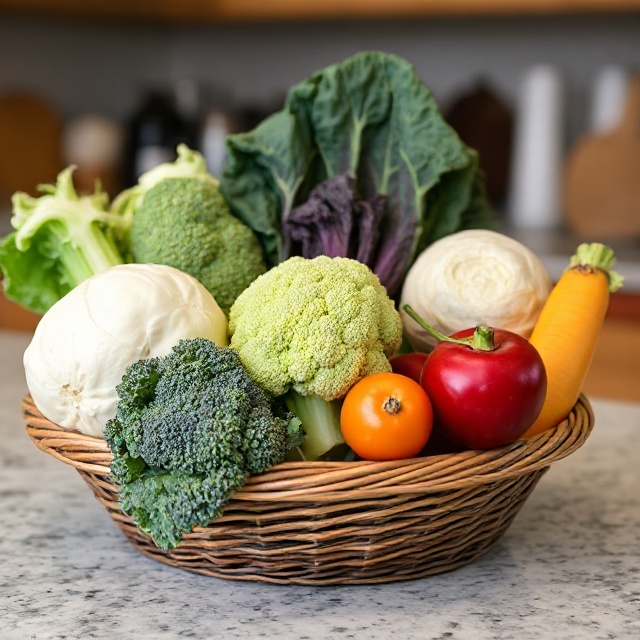A recent large-scale review found that eating more cruciferous vegetables such as broccoli, cabbage, and Brussels sprouts, can lower your chances of developing colon cancer. Colon cancer is a major global health problem, with nearly 1.9 million new cases and about 900,000 deaths every year. Making changes in our diet is one important way to reduce the risk.
In this meta-analysis, researchers combined data from 17 different studies, which included nearly 640,000 people and 97,595 cases of colon cancer. The studies were conducted in various regions, including North America, Asia, Europe, and Australia, making the findings more robust. The research included both cohort studies (which follow healthy people over time) and case–control studies (which compare people with colon cancer to those without), ensuring a wide range of data.
People who ate the most cruciferous vegetables had a 20% lower risk of colon cancer than those who ate the least (combined odds ratio [OR] = 0.80, 95% confidence interval 0.72–0.90). The greatest protection was seen for people who ate around 40–60 grams per day, a little over half a cup of cooked broccoli.
The key reason for this benefit lies in the natural compounds found in cruciferous vegetables. These vegetables are particularly rich in glucosinolates. When you chew or chop these vegetables, an enzyme called myrosinase helps break down glucosinolates into isothiocyanates and other bioactive compounds. Scientific research suggests these substances can help detoxify carcinogens (cancer-causing agents), stop tumor cells from growing, and even cause cancer cells to die. For example, sulforaphane (found in broccoli) and indole-3-carbinol are two of the best-studied compounds. They can activate the body’s natural detox enzymes and may block pathways that lead to cancer.
The study also found that the cancer-lowering effects were especially strong among participants from North America and Asia. However, results in Europe and Australia were less clear, possibly due to differences in diets or cooking habits. While these findings are encouraging, researchers caution that no single food can guarantee cancer prevention; a healthy diet and other factors, like not smoking, limiting alcohol, and staying active are also important for lowering cancer risk.
The scientists remind us that it’s not just one food that keeps us healthy but having good overall eating habits. Still, adding more broccoli, cabbage, or similar vegetables to your meals is a simple and tasty way to help protect yourself against colon cancer.








